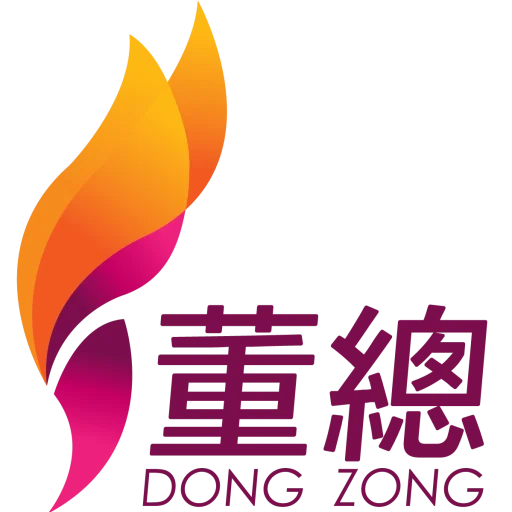To Recognise the UEC from Educational and Academic Perspective Dong Zong Urges the New Government to Honour Its Election Manifesto
To Recognise the UEC from Educational and Academic Perspective Dong Zong Urges the New Government to Honour Its Election Manifesto
Joint Statement Released by Dong Zong and Jiao Zong
January 2, 2019
To Recognise the UEC from Educational and Academic Perspective
Dong Zong Urges the New Government to Honour Its Election Manifesto
As reported on newspaper today, the Prime Minister Tun Mahathir insisted in a feature interview that to recognise the UEC (United Examination for Independent Chinese Secondary Schools), the feeling of the ethnic Malay must be taken into account and the priority for the moment is, as stated by him, to address the uneven distribution of wealth among the nation. In response to his view, Dong Zong herewith furnishes its stance as follows:
- Dong Zong reiterates, the recognisation of the UEC is in essence an educational issue and thus it should be mulled from the academic dimension, viz., from the perspective of preparing and nurturing man power for the country and thus practical, professional and rational ruminations should be at play.
- Dong Jiao Zong reminds, to recognise the UEC at national level was the election manifesto of the Pakatan Harapan government. Now that Pakatan Harapan is in power, it ought to process the recognisation of the UEC in new mindset to honour its election manifesto accordingly.
- Dong Zong posits, since an ad hoc committee (UEC Task Force Committee) was established by the new government to follow up with the collection and research of public views on the said matter aiming to eventually compile them into a proposal for cabinet discussion and approval, the general public should speak their mind. In this vein, all parties concerned should not manipulate political and racial sentiments to interfere the long overdue recognisation.

